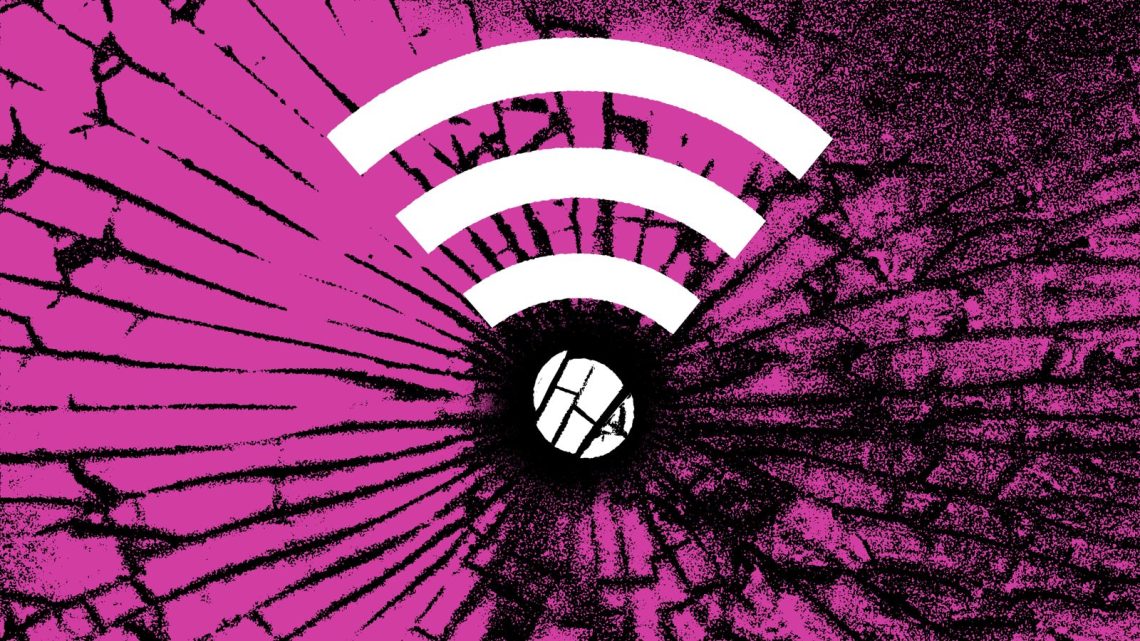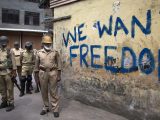
Manipur Without Internet for 200 Days Now
November 24, 2023Manipur has been grappling with a protracted internet shutdown that has surpassed the 200-day mark, according to reports from InternetShutdowns.in, an organization dedicated to monitoring incidents of internet disruptions in the country.
The situation in Manipur took a critical turn on May 3 when ethnic violence erupted between the Meitei and Kuki communities, prompting the complete or partial suspension of mobile internet services in the northeastern state, as reported by Kashmir Media Service. Although a brief restoration of internet access occurred for three days in September, it was followed by another shutdown.
Media sources indicate that the internet ban has been extended until November 23, with authorities citing concerns about the potential misuse of social media platforms for spreading hate speech and inciting violence. Despite this information, there is a lack of official confirmation regarding the restoration of internet services.
India has consistently ranked at the top of the global list for imposing internet shutdowns for the past five years. An internet shutdown involves a deliberate disruption of internet or electronic communications to control the flow of information. Governments worldwide often argue that such measures are necessary to combat misinformation during times of crisis.
However, the adverse effects of these shutdowns disproportionately impact individuals from poor and marginalized communities, ironically contradicting the objectives of the ‘Digital India’ project aimed at uplifting these very communities. The project, which seeks to bridge the digital divide, faces a significant challenge as vulnerable populations bear the brunt of internet disruptions.
As debates around digital rights intensify globally, the extended internet blackout in Manipur raises questions about the balance between national security concerns and the fundamental right to access information. Critics argue that while governments may justify shutdowns as temporary measures to maintain public order, they often lead to severe consequences for citizens, hindering communication, access to vital services, and economic activities.
Hence, the lack of transparency surrounding the restoration of internet services in Manipur adds to the growing concerns over the arbitrary use of such measures. As the world grapples with the evolving landscape of digital rights, the Manipur case serves as a stark reminder of the delicate balance needed to protect national security without compromising the fundamental rights of citizens.

